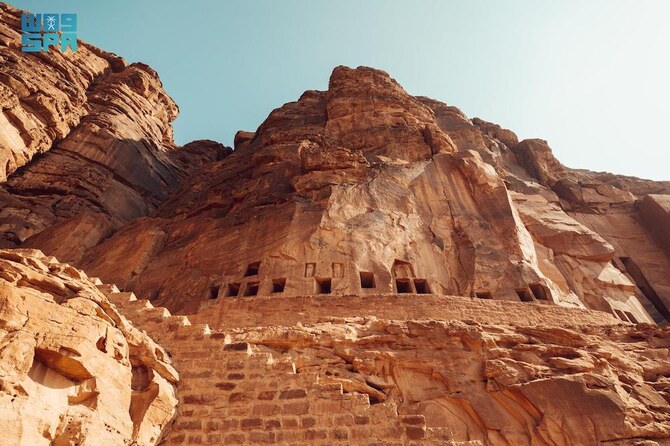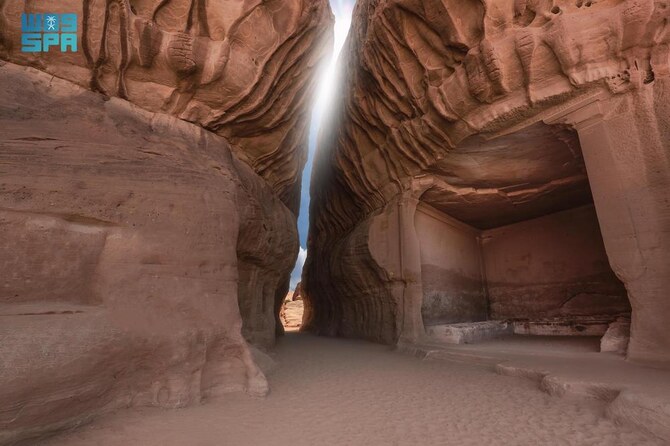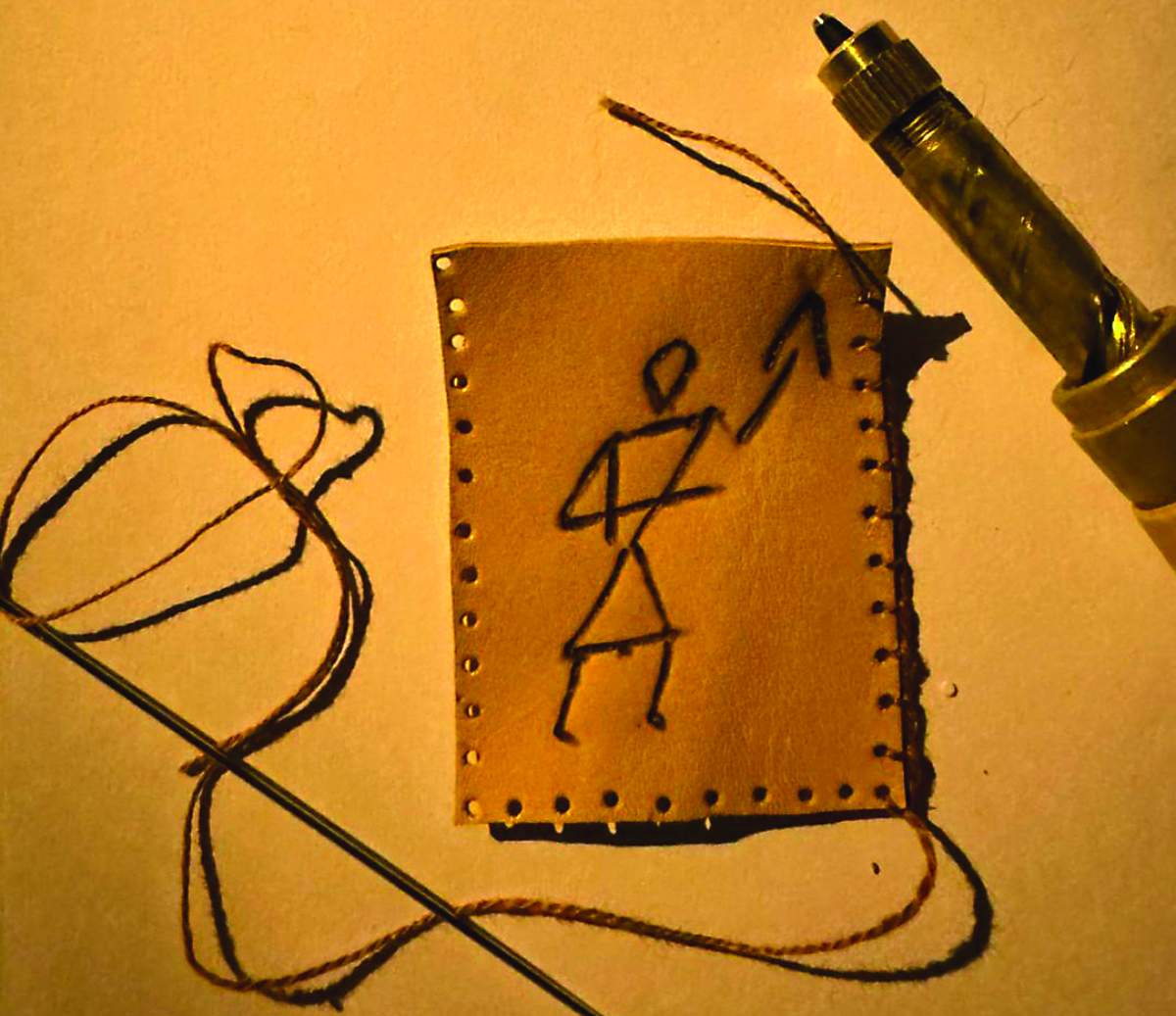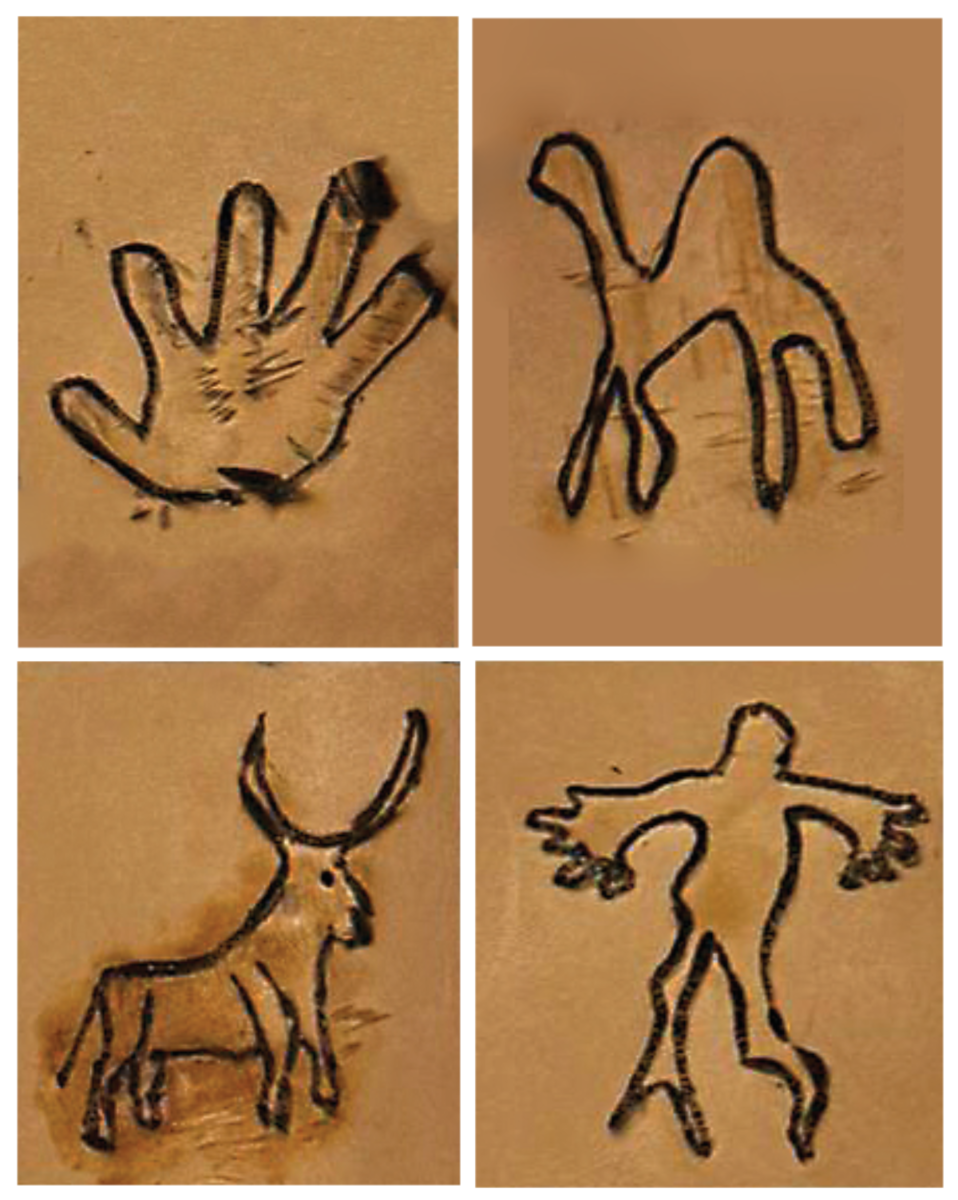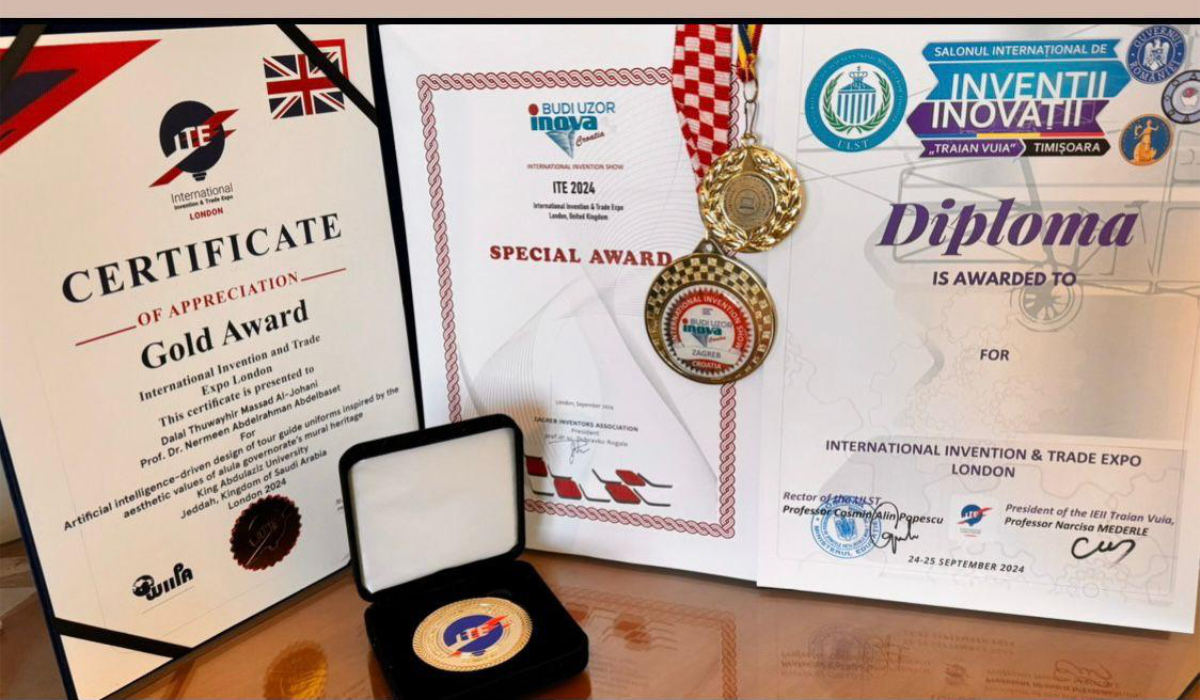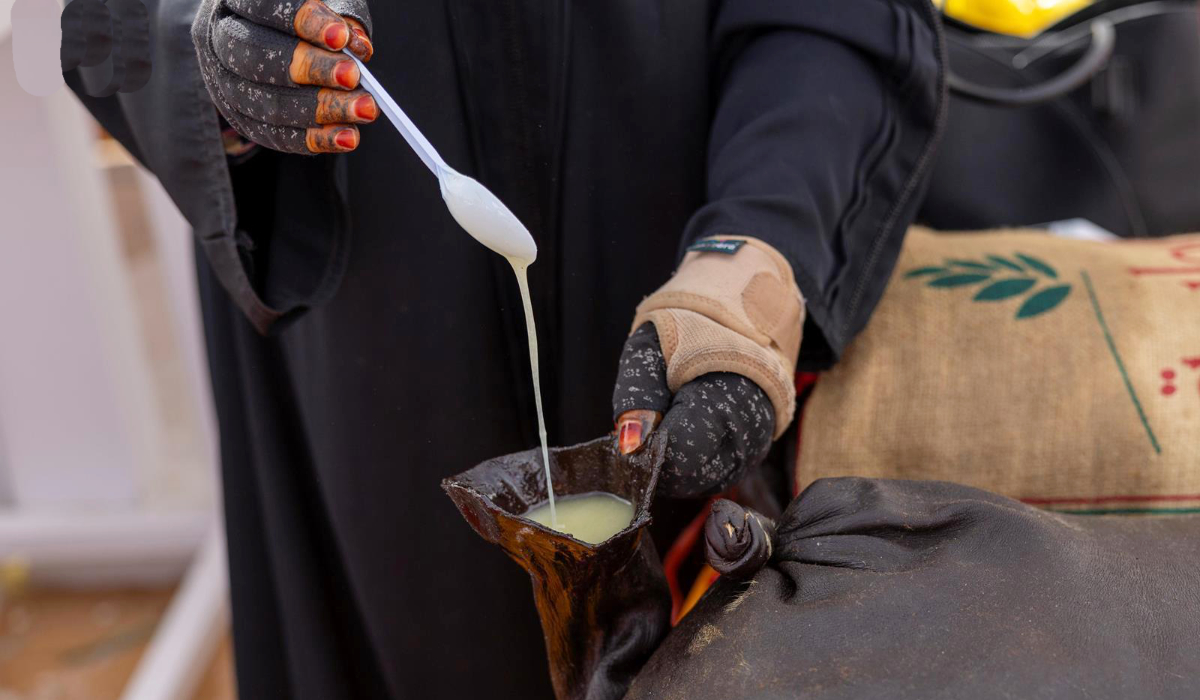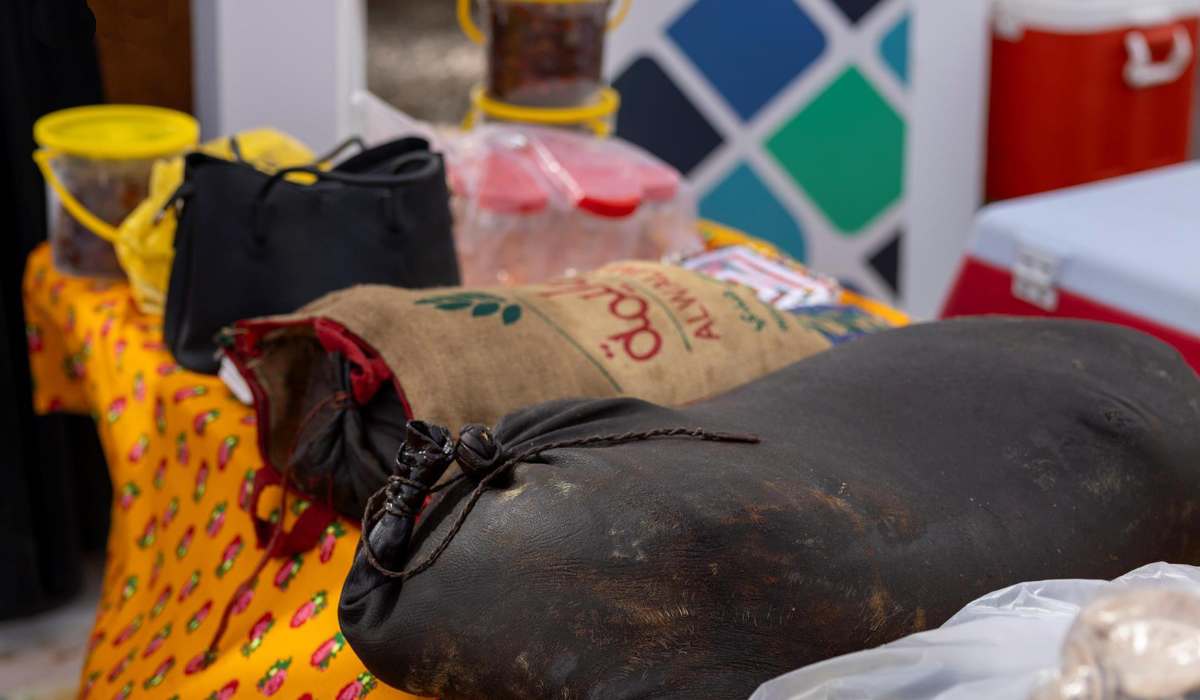RIYADH: The Royal Commission for AlUla will host a global archaeology conference addressing the future of archaeology and the heritage of nomadic societies on Oct. 30-31.
The conference, set to alternate with the AlUla World Archaeology Summit year after year, will bring together researchers and experts in archaeology and cultural heritage from around the world.
Held at Maraya, the world’s largest mirrored building, nestled amid the striking landscape of AlUla, the event will consist of presentations, dialogues, workshops and case studies. It will showcase a collection of archaeological artifacts discovered in AlUla.
The conference will highlight the essential role of mobility in shaping the world today.
Since prehistoric times, mobility has been the means to access new opportunities, improve living conditions, explore and address environmental challenges, and escape natural disasters and social and political instabilities.
While mobility remains challenging for some, especially in the wake of the COVID-19 pandemic’s movement restrictions at the time, the conference provides an opportunity to shed light on aspects of mobility and nomadic societies, challenging traditional assumptions about mobility in the past and present.
The conference will focus on the fundamental role of prehistoric mobility, when movement was the primary means to reach areas with new opportunities and seek life chances. Caravan mobility served as a means to address environmental challenges and natural disasters.
At a time when mobility remains a challenge, the conference offers an opportunity to illuminate different facets of mobility and nomadic societies.
Royal Commission for AlUla Vice President of Culture Abdulrahman Alsuhaibani said that the conference aimed to provide an advanced and pioneering platform for dialogue and collaboration, and would alternate with the summit the following year.
The commission, he said, sought to maintain the momentum generated by the summit last year through the conference, while preparing for AlUla World Archaeology Summit in 2025.
Alsuhaibani said that AlUla was one of the most active regions in the world for archaeological exploration, with more than 30,000 archaeological sites identified and 12 search projects in its rich cultural landscape.
“AlUla has held a unique position for thousands of years as a crossroads for civilizations, serving as a beacon for cultural and intellectual exchange,” Alsuhaibani said.
Key speakers at the conference include Professor Willeke Wendrich from the Department of Near Eastern Languages and Cultures at the University of California, Los Angeles, archaeology Professor Stefano Biagetti from the Pompeu Fabra University in Barcelona, Spain, and Peter Debrine, leader of Sustainable Tourism Programme at UNESCO World Heritage Center in Paris.
Research overseen by the Royal Commission for AlUla by Saudi and international archaeologists has shed light on various highlights of AlUla’s history through the ages, including the massive stone structures known as “mustatil” (rectangle in Arabic).
Among the wonders are the ancient stone-built traps for animals, known as “desert kites,” the long “funerary avenues” that connected oases and pastures through corridors lined with tombs, and the dwellings known as the “standing stone circles.”
Studies indicate that early societies in the northwestern Arabian Peninsula were more complex and interconnected with the broader region than previously believed.
The conference is anticipated to host the first global exhibition featuring archaeological pieces from the National Archaeological Museum of Naples in Italy.
The agenda also includes field visits to prominent archaeological sites in AlUla and surrounding areas of note, including Tayma and Khaybar.



